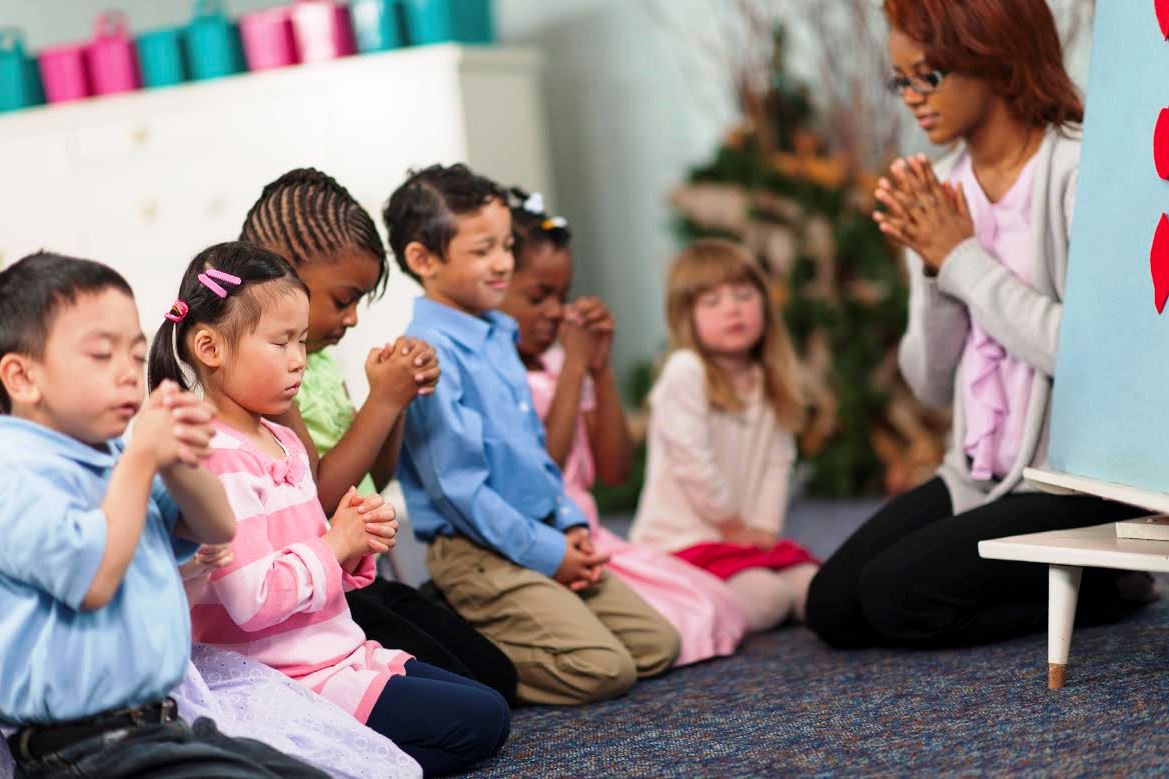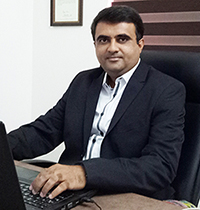
The debate as to whether allow prayer in public schools is rather intense. Over decades, this issue has been very prominent as well as controversial. From the onset, it is important to appreciate the precedence of such controversies. Inarguably, these so-called heated debates and controversies, in most cases, arise from the provisions of the constitution that is meant to protect the rights and freedoms of every American citizen. This in the end has been intertwined with fallacies and ambiguities making the arguments an unending vicious circle. The controversy, however, covers different questions like what sort of prayers should be used should the same be subjected to all students in the public schools or left to personal will. Moreover, it must be decided which religions are to be acceptable to be practiced, and as such, what prayers are allowable in the public schools. The list of questions is endless. There are numerous multi-faceted and, in some cases, controversial issues that have raised debates on the subject of allowing prayers in public schools. The fallacies that thus present themselves in this debate tend to be cutting across both sides of the argument.
Those who are against the introduction of prayer in public schools portrayed the policy as a breach in the constitutional requirement that seeks to separate the church and state as has repeatedly been held by Justices David H. Souter and Ruth Bader Ginshurg. Also, it is notable that the founders of the country also want to ensure that there is an absolute guarantee to the religious freedom. It is out of this notion to guarantee the same that the founders of the nation thus tried to provide a strict separation between religion and the state. This belief is, however, one that is often surrounded by fallacies concerning the actual reason of the wish to separate the church from the state. In particular, the notion that anything that has to have reference to the church could interfere with the state can only be deemed as a fallacy. In no way, can a prayer determine the state’s status.
Group thinking fallacy has also been rife in the advocacy against the introduction of prayers in public schools as well as the separation of the church from the state. It is propagated that the Americans whose religion is practiced free from the control and assistance of the government are to be given a specific political identity. The bottom-line is that they argue that by maintaining this wall between the state and religion, the vitality of the religion in Americans’ lives will be guaranteed. This fallacy is closely intertwined with that of nationalism meaning that those who fall victim to it and who believe in the supremacy of the policies and practices of the American state can only be deemed as being treasonable and unpatriotic.
In light of the above observations, the group thinking fallacy has notably failed to play the cultural and political favourites. In retrospect to their counterpart for the status quo, any acts against it are unpatriotic. Those who advocate for the introduction of prayers in public schools have been also known to be victims of the group thinking fallacy. This fallacy is based on the belief that the woes of the world are castigated by the U.S. policies and in so doing, the religious values, literature, traditions, and the holidays have failed to be assuring as well as permeating the lives of the American citizens. In the end, they evolved to form an integral part of the national culture.
Another fallacy noted in this debate is that of composition. Those in favour of the church being separate from the state bear the fallacy that all those who partake in the prayers are members of the church. This is far from truth as not all worshipers are in themselves churchgoers, and also not all worshippers do wish to have a stake in the state’s decision making. Those who are prejudiced with this fallacy are, in most cases, also victims of the fallacy of division. They tend to ascribe to the opinion that those who pray must be members of the church, just because there is a group of those who advocate for prayers who are church members.
The fallacy of argument from tradition is also one that is well notable in this debate. The opponents of the prayers in public schools, in most cases, deem to base their arguments on the on-going tradition. They argue that tradition has it that the American public schools have been kept away from school prayers since the days of the emergence of the constitution. The fathers of the nation regarded it reasonable to draw the distinct line between the state and the church.
The American people do not have to delve into this old debate and need to move on with their lives in unison but not being divided by the end results of this issue. One of the best ways is to freely and openly practice the moment of silence practice. Notably, this moment of silence according to all standards and opinions is not held to be a call for a religious rhetoric. By so doing, no one would feel as if faith is being forced upon them whilst at the same time, those in favour of introducing religious moments can have their time to practice it in silence.
About the author: Laura Duncan is a specialist in interactive technologies and English literature at Orlando University. She is currently working on a variety of topics related to studying the state of modern education. Laura is the leading explorer of US poetry of the 20th century and I am Joaquin analysis one of the most important analytical research in her career. She also studies the influence of literature and language on the consciousness of society.

